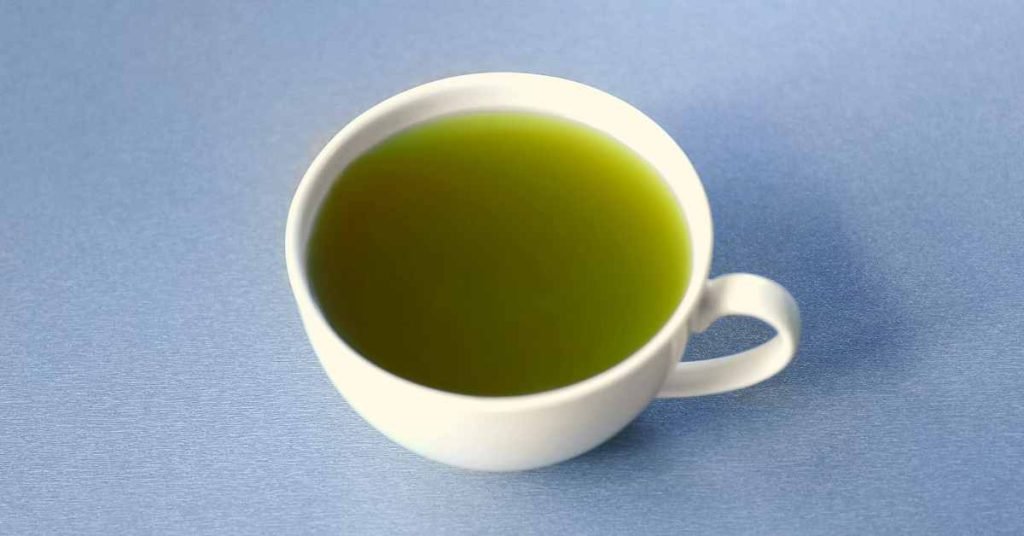Green tea and coffee are two of the most widely consumed beverages in the world, each with its own unique set of flavors, aromas, and cultural significance.
Beyond their popularity as beverages, both green tea and coffee have gained attention for their potential health benefits.
In this article, we will delve into the world of green tea and coffee, comparing their nutritional content, health advantages, and potential drawbacks to help you make an informed choice about which beverage suits your preferences and lifestyle.
Nutritional Content

Green Tea:
Green tea is celebrated for its rich antioxidant content, particularly catechins, which belong to the flavonoid family.
The most potent catechin in green tea is epigallocatechin gallate (EGCG), known for its potential health-promoting properties.
Additionally, green tea contains vitamins, minerals, and amino acids, contributing to its nutritional value.
Coffee:
Coffee is a complex beverage that contains a variety of bioactive compounds.
The most well-known of these is caffeine, a central nervous system stimulant that can enhance alertness and reduce the perception of fatigue.
Coffee also contains essential nutrients like vitamins B2 (riboflavin), B3 (niacin), and manganese. The presence of chlorogenic acids, another type of antioxidant, adds to the overall health profile of coffee.
Health Benefits
Green Tea:
- Antioxidant Properties: Green tea’s high antioxidant content, particularly EGCG, may help combat oxidative stress and reduce the risk of chronic diseases, including certain cancers and cardiovascular conditions.
- Brain Health: Some studies suggest that the combination of caffeine and other bioactive compounds in green tea may have neuroprotective effects, potentially lowering the risk of neurodegenerative diseases like Alzheimer’s and Parkinson’s.
- Weight Management: Green tea has been associated with modest weight loss benefits, thanks in part to its ability to boost metabolism and enhance fat-burning processes.
- Heart Health: Regular consumption of green tea has been linked to improvements in cardiovascular health, including reduced blood pressure and cholesterol levels.

Coffee:
- Improved Mental Alertness: The caffeine in coffee is a well-known stimulant that can enhance cognitive function, mood, and overall mental alertness.
- Physical Performance: Caffeine also stimulates the release of adrenaline, which can improve physical performance by increasing the breakdown of body fat and releasing it into the bloodstream as free fatty acids.
- Reduced Risk of Certain Diseases: Some studies suggest that coffee consumption may be associated with a lower risk of certain diseases, including Parkinson’s disease, type 2 diabetes, and certain types of cancers.
- Antioxidant Benefits: Like green tea, coffee contains antioxidants, including chlorogenic acids, which may contribute to overall health and help protect cells from damage.
Drawbacks and Considerations
Green Tea:
- Caffeine Sensitivity: While green tea contains less caffeine than coffee, individuals who are sensitive to caffeine may still experience adverse effects, such as insomnia or jitteriness.
- Iron Absorption: The tannins in green tea may interfere with the absorption of non-heme iron from plant-based foods. This could be a consideration for individuals with iron-deficiency anemia.
Coffee:
- Caffeine-Related Side Effects: Excessive caffeine intake can lead to side effects such as insomnia, increased heart rate, and digestive issues. Individuals with certain health conditions, such as anxiety disorders, may be more susceptible to these effects.
- Acidic Nature: Coffee is acidic and may cause digestive discomfort for some individuals, particularly those with acid reflux or sensitive stomachs.
Final Word

In the debate between green tea and coffee, the choice ultimately comes down to personal preference, lifestyle, and health considerations.
Both beverages offer unique flavors, aromas, and potential health benefits. Green tea shines with its high antioxidant content, promoting heart health and potentially aiding in weight management.
Coffee, on the other hand, provides a potent dose of caffeine that can enhance mental alertness and physical performance.
It’s important to note that moderation is key, as excessive consumption of either green tea or coffee may lead to adverse effects.
Individuals with specific health concerns or sensitivities to caffeine should consult with healthcare professionals to determine the most suitable choice for their well-being.
In the end, whether you savor the calming notes of green tea or revel in the boldness of coffee, both beverages can be enjoyed as part of a balanced and healthy lifestyle.
MEDICAL DISCLAIMER
Itsnevernotteatime.com cannot and does not contain medical/health advice. The medical/health information is provided for general and educational purposes only and is not a substitute for professional advice.




